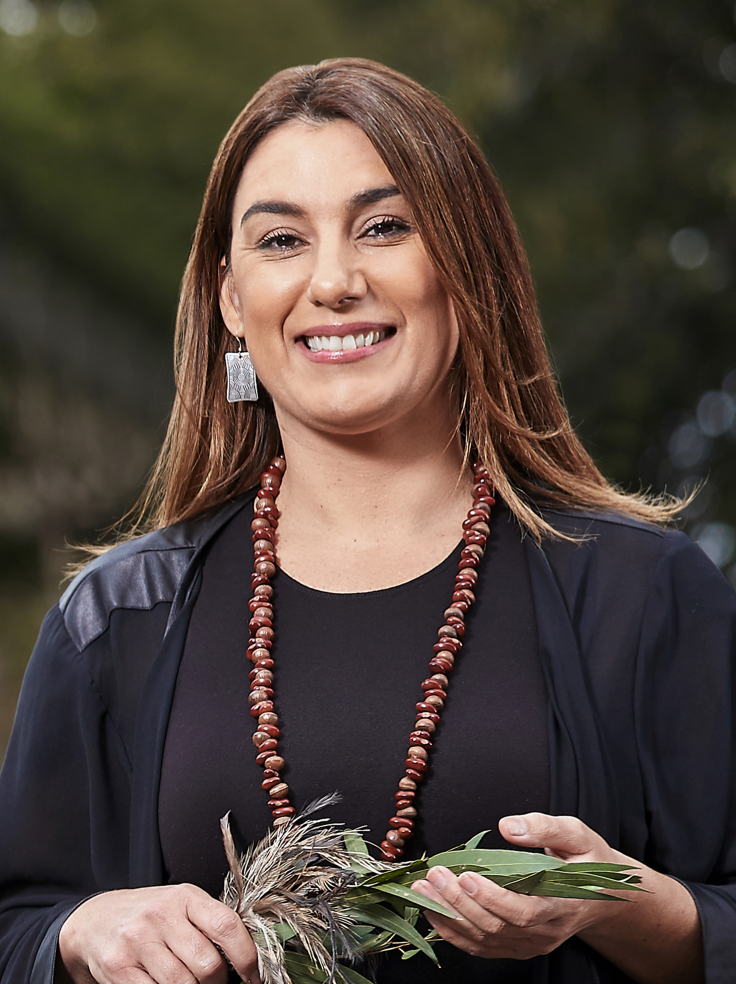SYDNEY, (Reuters) – Australia’s plans to constitutionally recognise the country’s Indigenous people in a referendum should be called off, an independent Aboriginal senator said today, calling it ‘window dressing’ that won’t help empower First Nations people.
Australians will be asked to vote in a landmark referendum later this year on whether they support altering the constitution to include a “Voice to Parliament”, an Indigenous committee to advise parliament on matters affecting Aboriginal and Torres Strait Island people.
The referendum plans have divided opinions with supporters arguing voting yes will help mend fraught ties with the Aboriginal community and “unite the nation”, while recognising the 65,000 year-old culture will bring progress for Indigenous health, education, employment and housing.
Opponents, however, say it would hand excessive powers to the Indigenous body, while others have described it as tokenism and toothless.
“We should call off the referendum,” Lidia Thorpe said in a speech at the National Press Club in Canberra.
“It has caused nothing but harm and division. And, for what? There won’t be change until this society changes; until this society’s thinking, values, attitudes and systems have been revolutionised in order to ensure real self-determination,” she said.
Thorpe, who became an independent senator after quitting the Greens party earlier this year, is one of the most prominent of Indigenous leader opposing the referendum.
Thorpe said the incarceration and violence caused by colonisation can only end with a national treaty between the government and Indigenous people to address First Nations issues.
“What we need is an end to the war on our people that started on the day when the boats arrived,” Thorpe said.
“The Voice is the window dressing for constitutional recognition.”
Support for the referendum, expected to be held between October and December, has fallen in recent months, according to opinion polls.
“I don’t think a yes or no result is going to make any difference regardless of what it is,” said Thorpe. “If it’s no, well, we know that the country is racist,” she added.






